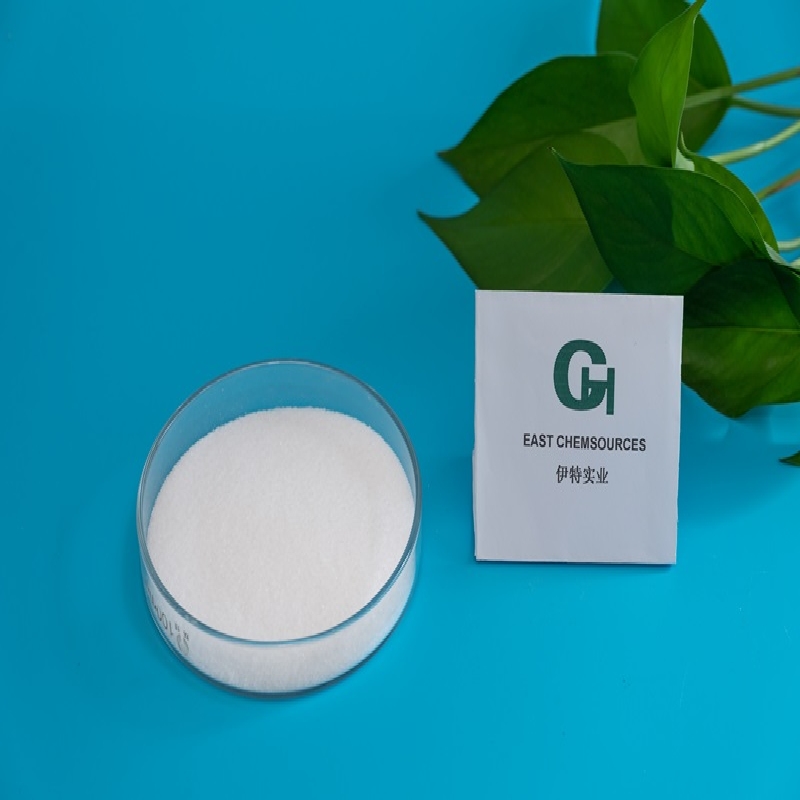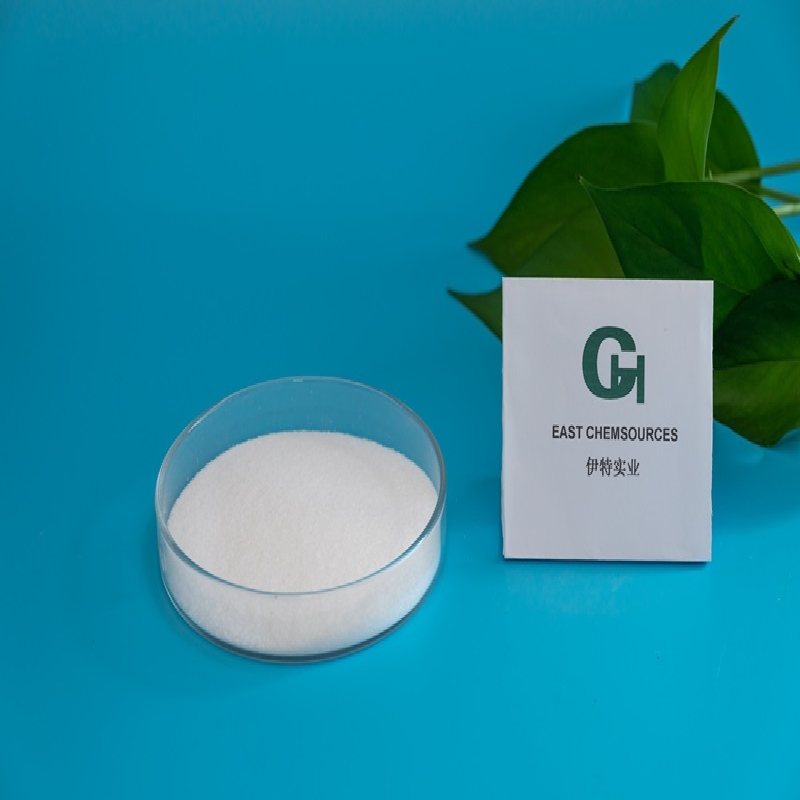-
Categories
-
Pharmaceutical Intermediates
-
Active Pharmaceutical Ingredients
-
Food Additives
- Industrial Coatings
- Agrochemicals
- Dyes and Pigments
- Surfactant
- Flavors and Fragrances
- Chemical Reagents
- Catalyst and Auxiliary
- Natural Products
- Inorganic Chemistry
-
Organic Chemistry
-
Biochemical Engineering
- Analytical Chemistry
- Cosmetic Ingredient
-
Pharmaceutical Intermediates
Promotion
ECHEMI Mall
Wholesale
Weekly Price
Exhibition
News
-
Trade Service
Crohn's disease (CD) and ulcerative colitis (UC) are both chronic relapsed inflammatory bowel disease (IBD) and are common in children.
children with CD or UC often experience many challenges, including multiple surgeries, school drop-outs, and a decline in quality of life.
the diagnosis and treatment of diseases, although fecal calcium is more accurate in adults, but its accuracy in children is still low.
whole genome association studies have identified many susceptible gene bits for IBD.
cd patients, in particular, have a strong association with the NOD2 gene variant.
, however, the diagnostic accuracy of the gene is very limited (sensitivity s 51%, specificity s 75%).
and genome-wide DNA methylation studies were significantly related to potential methylation points associated with IBD.
identification of this association can greatly increase our understanding of the pathogenesis of disease and provide effective tools for better management and treatment.
study aims to explore whether methylation markers of the converted growth factor beta 1 (TGF beta1) and white mesokine 6 gene promoters have a diagnostic effect in CD.
researchers conducted case-control studies of the patients involved.
all patients are untreated and have been diagnosed before the age of 20.
control group did not have inflammatory bowel disease.
the researchers performed DNA analysis of the patient's exoline blood to identify methylation points (CpG) in the region of the TGF beta1 and interlebin 6 gene initiaters.
the original non-parameter single-variable analysis, the multi-paralytical regression model is fitted.
model with optimal fit and strongest differentiation (under-curve area (AUC)).
study included a total of 67 CD patients, 31 UC patients and 43 control patients.
age distribution was similar to that of the 3 groups.
most CD patients had colorectal disease (44.8%) and were in inflammatory activity (88.1%).
UC patients had a wide range (71%) and moderate inflammatory activity (51.6%).
Logistic regression analysis shows that there are 14 TGF beta 1CpG bits between CD and control patients (AUC s 0.94) and 9 TGF beta 1CpG site (AUC s 0.94) between UC and control patients 99), there are 3 TGF beta 1CpG bits between the CD and UC (AUC s 0.81), and 6 TGF beta 1CpG bits that distinguish the colon CD from the UC (AUC s 0.91).
study, the authors say CpG methylation in the TGF beta1 gene initiater is highly identifiable to CD and UC and can be an important diagnostic marker.
.







